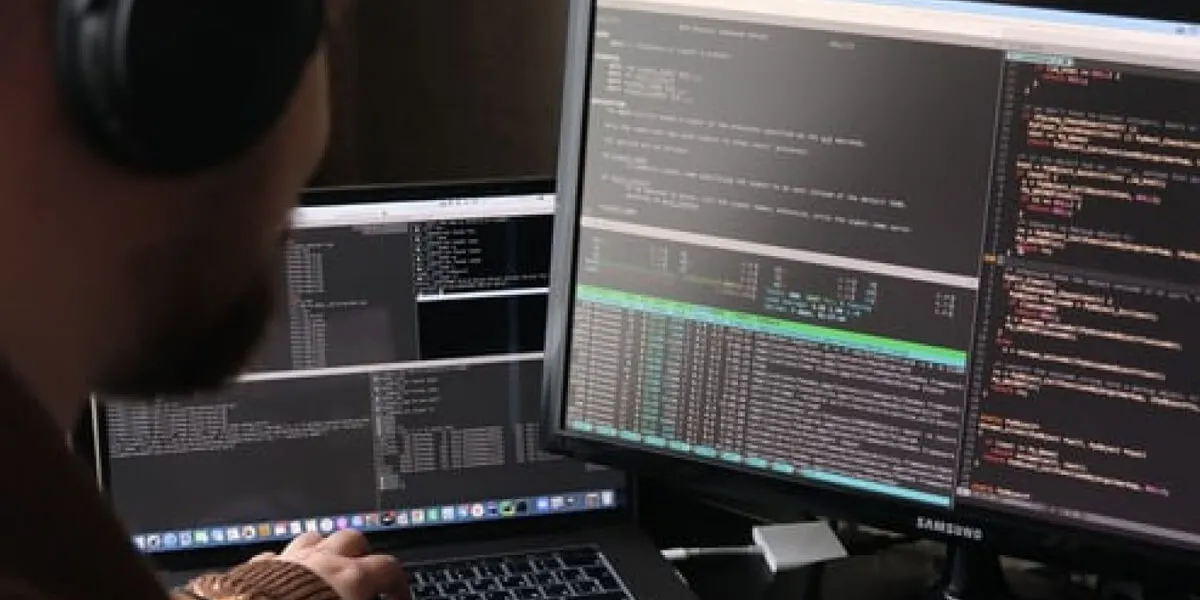
Many firms operate their operations on Linux, an accessible OS.
Some forward-thinking businesses are switching to Linux because of its open-source structure and less rigorous technical specifications. As a response, there is a demand for qualified Linux admins familiar with the operating system and having a Linux administration course certification.
To be a Linux administrator, you'll need the following abilities.
Skill evaluation.
Since Linux is an open-source operating system, admins must assess if specific programmes and bits of code are of acceptable quality and safe enough to run on a business's systems and databases. You will not be able to use badly developed software that will not operate as expected or applications with flaws that cybercriminals may attack if you have good evaluation skills.
The ability to pick things up quickly.
To stop, launch, and control services, Linux users often utilise multiple distinct systems (Red Hat, Ubuntu/Debian, Gentoo) and interfaces (BASH, ZSH, Python) (systemd, upstart and init.d). Because various open-source programmes will use multiple systems, you necessarily know all of these multiple systems to function well with Linux. With Linux, you'll constantly be learning things.
Interpersonal skills are essential.
Many end-users of your corporate servers will not grasp most technical IT terms or procedures, so you'll need to interact with other IT workers like techs and other Linux admins and the end-user of your company's network. You may also be designed to interact in writing, for as through creating reports on use, project updates, and regulatory requirements.
Educating abilities.
You may also be required to give training and provide additional documentation. You may have techs or engineers working under your direction as a Linux administrator. You may also be required to offer end-user training sessions to explain how the process operates and how it could help the core operations.
Cybersecurity expertise.
While you don't require the same level of in-depth skills and understanding as a Certified Ethical Hacker or other Cybersecurity Specialist, you need to grasp the fundamentals to recognise when the network is at threat and how to safeguard it. You must also communicate with and collaborate with the firm's cybersecurity experts or support employees.
Relevant courses that you may be interested in:







